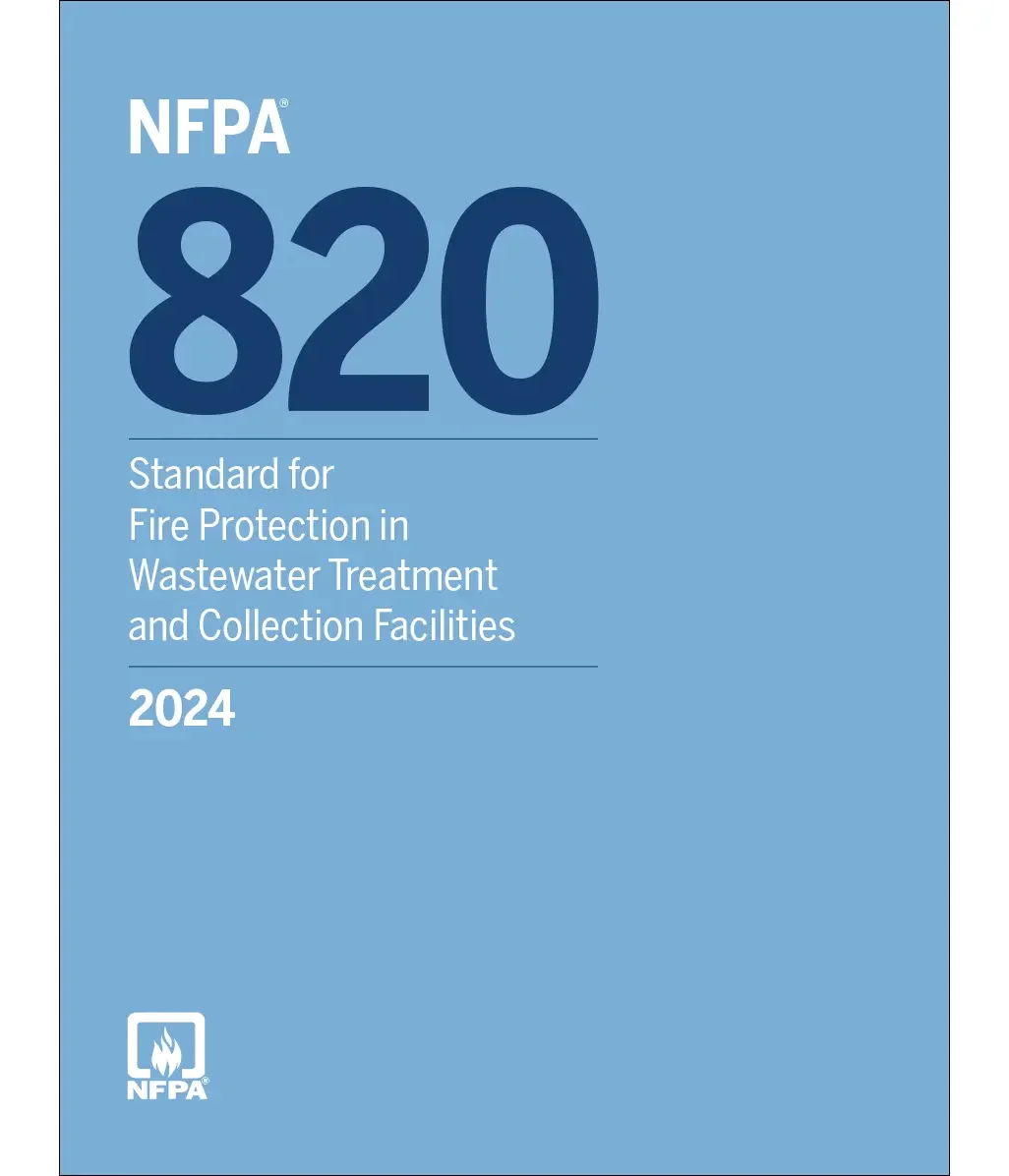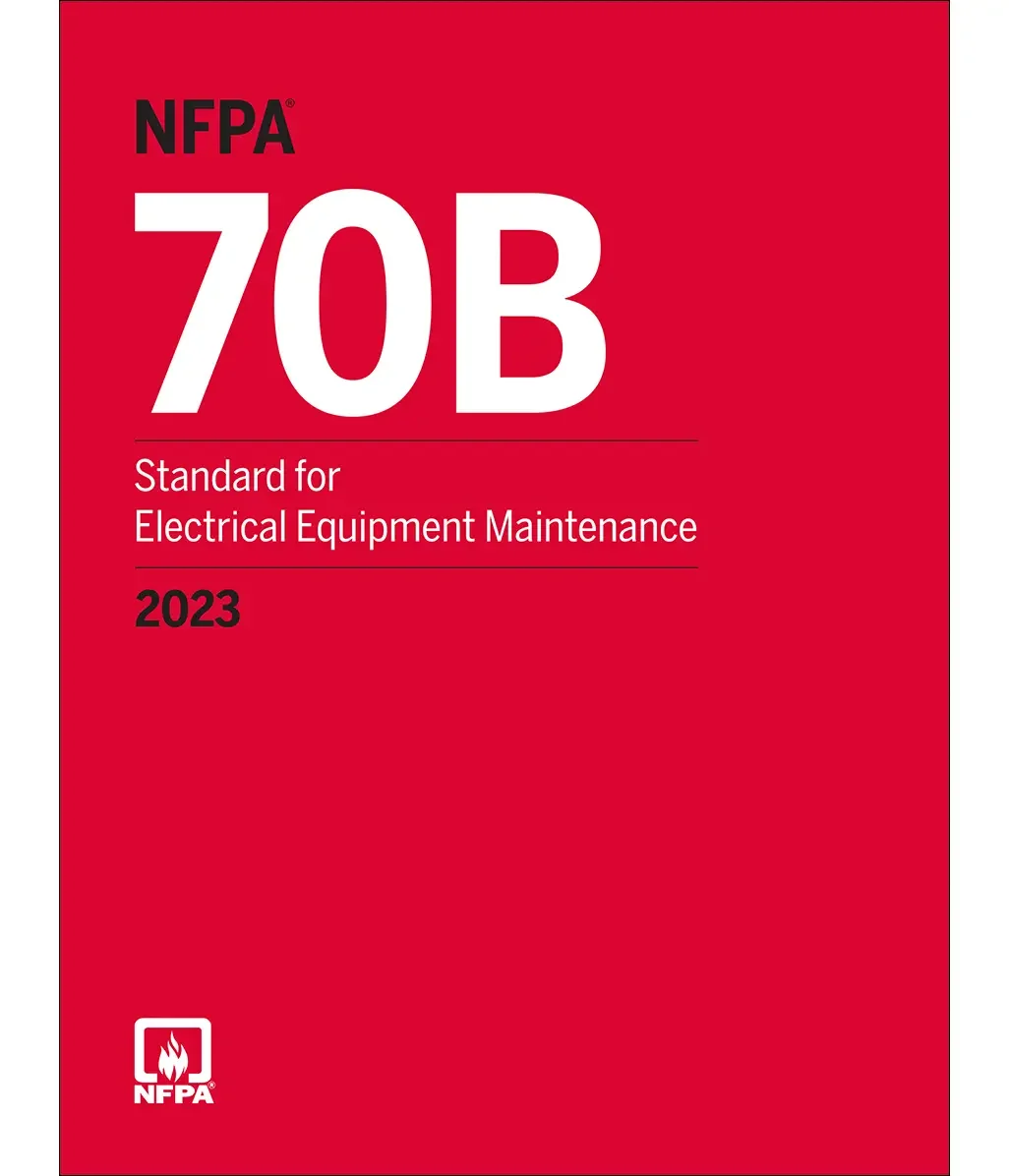Code of Virginia Table of Contents » Title 54.1. Professions and Occupations »Subtitle II. Profession and Occupations Regulated by the Department of Professional and Occupational Regulation and Boards within the Department » Chapter 11. Contractors » Article 3. Tradesmen, Backflow Prevention Device Workers, and Liquefied Petroleum Gas Fitters » § 54.1-1129. Necessity for licensure
§ 54.1-1129. Necessity for licensure.
A. Beginning July 1, 1995, no individual shall engage in, or offer to engage in, work as a tradesman as defined in § 54.1-1128 unless he has been licensed under the provisions of this article. Individuals shall not be subject to licensure as a tradesman when working under the supervision of a tradesman who is licensed in the specialty for which work is being performed. Individuals holding a license in one specialty shall not be required to have a tradesman license in another specialty when performing work which is incidental to work being performed under their own specialty license.
8. Aiding or abetting an unlicensed contractor to violate any provision of Chapter 1 or Chapter 11 of Title 54.1 of the Code of Virginia or this chapter or combining or conspiring with or acting as agent, partner, or associate for an unlicensed contractor; or allowing one's license or certification to be used by an unlicensed or uncertified individual;
§ 54.1-1135. Prohibited acts.
A. Practicing or attempting to practice as a tradesman, liquefied petroleum gas fitter or natural gas fitter provider in the Commonwealth, except as provided for in this article, is prohibited and shall constitute the commission of a Class 1 misdemeanor.
C. No person shall be entitled to assert the lack of licensure as required by this article as a defense to any action at law or suit in equity if the party who seeks to recover from such person gives substantial performance within the terms of the contract in good faith and without actual knowledge of the licensure requirements of this article.
In Virginia, the authority of a trade permit extends to the entire scope of the project, which can include work both inside and outside the house, but only within the boundaries of your property. It is not limited to a specific distance from the physical structure.
Trade permits are required for specialized work like electrical, plumbing, or mechanical (HVAC), and their authority is tied to the permitted work itself, regardless of where on the property it occurs.
Keep Pace with Safety Innovations in Wastewater Treatment.
Fire and explosion hazards in wastewater treatment plants and related collection systems are a significant public safety concern. NFPA 820, Standard for Fire Protection in Wastewater Treatment and Collection Facilities, helps ensure treatment facilities, plants, sewers, and ancillary structures are safe and compliant.
The requirements offer hazard classification and general provisions for construction, ventilation, and electrical installation in wastewater treatment facilities.
Proper maintenance is absolutely essential to the safety of your facility and your employees.
NFPA 70B, Standard for Electrical Equipment Maintenance, details preventive maintenance for electrical, electronic, and communication systems and equipment—such as those used in industrial plants, institutional and commercial buildings, and large multifamily residential complexes. Used alongside the requirements in NFPA 70E®, Standard for Electrical Safety in the Workplace®, NFPA 70B helps users develop and carry out an effective electrical preventive maintenance (EPM) program for all types of equipment and assemblies.
R104.8 Liability.
The building official, member of the board of appeals or employee charged with the enforcement of this code, while acting for the jurisdiction in good faith and without malice in the discharge of the duties required by this code or other pertinent law or ordinance, shall not thereby be rendered civilly or criminally liable personally and is hereby relieved from personal liability for any damage accruing to persons or property as a result of any act or by reason of an act or omission in the discharge of official duties.
Effective January 18, 2024, Virginia adopted the 2021 I-codes as referenced in the Virginia Construction Part 1 and the 2021 Statewide Fire Prevention Code; and the 2020 National Electrical Code.


